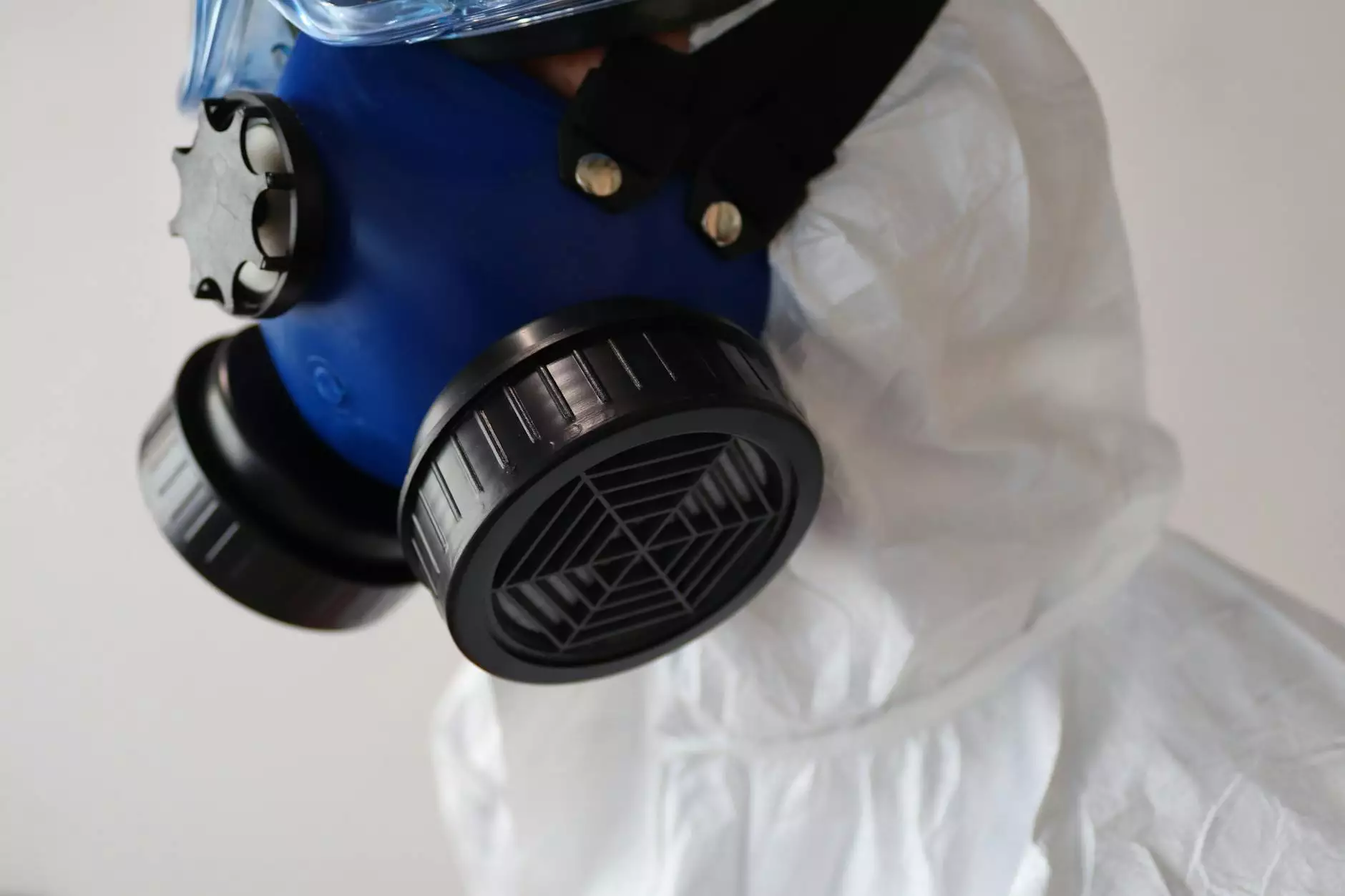Upper Respiratory Infections
Services
Understanding Upper Respiratory Infections
Upper respiratory infections (URIs) are common ailments that affect the upper respiratory tract, including the nose, sinuses, pharynx, and larynx. These infections are typically caused by viruses, such as the common cold or flu, but can also be caused by bacteria.
Common Symptoms
Symptoms of upper respiratory infections may vary depending on the specific infection, but commonly include:
- Nasal Congestion: A blocked or stuffy nose is a common symptom experienced during URIs. It can be accompanied by a runny nose or post-nasal drip.
- Sore Throat: Inflammation and irritation of the throat can cause discomfort and pain while swallowing.
- Cough: Coughing is a common symptom and is often accompanied by phlegm or mucus production.
- Sneezing: Frequent sneezing is a common symptom of upper respiratory infections.
- Fatigue: Feeling tired or exhausted is common during the course of an upper respiratory infection.
Treatment Options
Benjamin Shettell, MD is a highly skilled healthcare provider specializing in the diagnosis and treatment of upper respiratory infections. Dr. Shettell understands the impact these infections can have on your daily life and focuses on providing personalized care to relieve symptoms and promote healing.
Treatment for URIs may include:
- Rest and Fluids: Adequate rest and hydration are crucial in allowing your body to fight off the infection.
- Pain Relief: Over-the-counter pain relievers can help alleviate sore throat, headache, and body aches associated with URIs.
- Nasal Decongestants: Over-the-counter nasal sprays or saline solutions can provide temporary relief from nasal congestion.
- Cough Suppressants: Over-the-counter cough syrups or lozenges can help ease coughing.
- Antibiotics (if necessary): While most URIs are viral in nature and do not require antibiotics, bacterial infections may require prescription medications.
Preventing Upper Respiratory Infections
Prevention is key to reducing your risk of upper respiratory infections. Here are some strategies you can incorporate into your daily routine:
- Proper Hand Hygiene: Regularly washing your hands with soap and water, or using hand sanitizer, can help prevent the spread of germs.
- Avoid Touching Your Face: Touching your face, especially your eyes, nose, and mouth, can introduce germs into your body.
- Cover Your Mouth and Nose: When coughing or sneezing, cover your mouth and nose with a tissue or your elbow to prevent the spread of respiratory droplets.
- Maintain a Healthy Lifestyle: Eating a balanced diet, exercising regularly, and getting enough sleep can boost your immune system and reduce your susceptibility to infections.
- Avoid Close Contact with Sick Individuals: If someone around you is sick, try to maintain a safe distance to prevent exposure to their respiratory droplets.
Seeking Medical Care
If you suspect you have an upper respiratory infection, it is important to seek medical care from a trusted healthcare provider like Benjamin Shettell, MD. Prompt diagnosis and treatment can help alleviate symptoms and prevent complications.
At Fusion Healthcare Redding, you can expect compassionate care combined with innovative treatment options to ensure your well-being. Contact Benjamin Shettell, MD today to schedule an appointment and take the first step towards healing.










